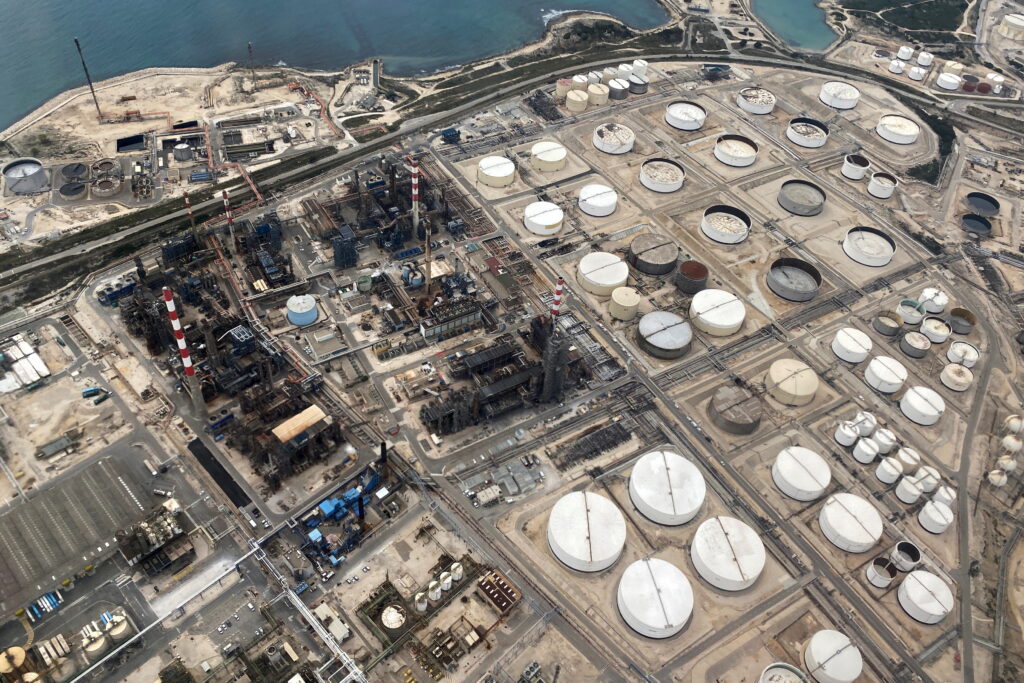In brief
- WTI futures decline 1.2% and Brent futures settle 1% lower.
- Last week, U.S. crude and fuel stocks increased -EIA
- When Houthi attacks in the Red Sea continue, the European Central Bank Vice President warns that the euro zone may enter a recession.
January 10, New York (Reuters) – Following an unexpected increase in U.S. crude stockpiles that sparked concerns about demand in the largest oil market, oil prices dropped by almost a dollar per barrel on Wednesday.
The price of a barrel of U.S. West Texas Intermediate crude futures dropped by 87 cents, or 1.2%. Global benchmark Brent crude oil futures ended the day at $76.80 per barrel, down 79 cents, or 1%.
Early in the session, prices had increased by more than 1%, but they later fell after the U.S. Energy Information Administration revealed a surprise increase in crude oil stockpiles and higher-than-expected increases in gasoline and distillate storage.

January 10, New York (Reuters) – Following an unexpected increase in U.S. crude stockpiles that sparked concerns about demand in the largest oil market, oil prices dropped by almost a dollar per barrel on Wednesday.
The price of a barrel of U.S. West Texas Intermediate crude futures dropped by 87 cents, or 1.2%. Global benchmark Brent crude oil futures ended the day at $76.80 per barrel, down 79 cents, or 1%.
Early in the session, prices had increased by more than 1%, but they later fell after the U.S. Energy Information Administration revealed a surprise increase in crude oil stockpiles and higher-than-expected increases in gasoline and distillate storage.
Rob Haworth, senior investment strategist at U.S. Bank Asset Management, stated that “investor concerns of slowing demand growth are highlighted by today’s EIA report.”
In contrast to analysts’ expectations in a Reuters poll for a 700,000 barrel decline, U.S. crude inventories increased by 1.3 million barrels to 432.4 million barrels in the week ending January 5. In contrast, distillate stocks increased by 6.5 million barrels, while gasoline stocks increased by 8 million barrels, according to the EIA.
While limiting their losses, investors continued to be concerned about possible disruptions to the Middle East’s oil supply due to the Israel-Hamas conflict.
According to the White House, Houthi militants operating out of Yemen have been conducting “escalatory” attacks in the Red Sea. If these attacks persist, the United States will confer with its allies regarding possible next steps.
According to Thomas Wash, market strategist at Confluence Investment Management in Missouri, “today’s market reaction indicates traders are actively balancing the potential impact of growing geopolitical risk and slowing economic growth on commodity prices.”







































Your point of view caught my eye and was very interesting. Thanks. I have a question for you.